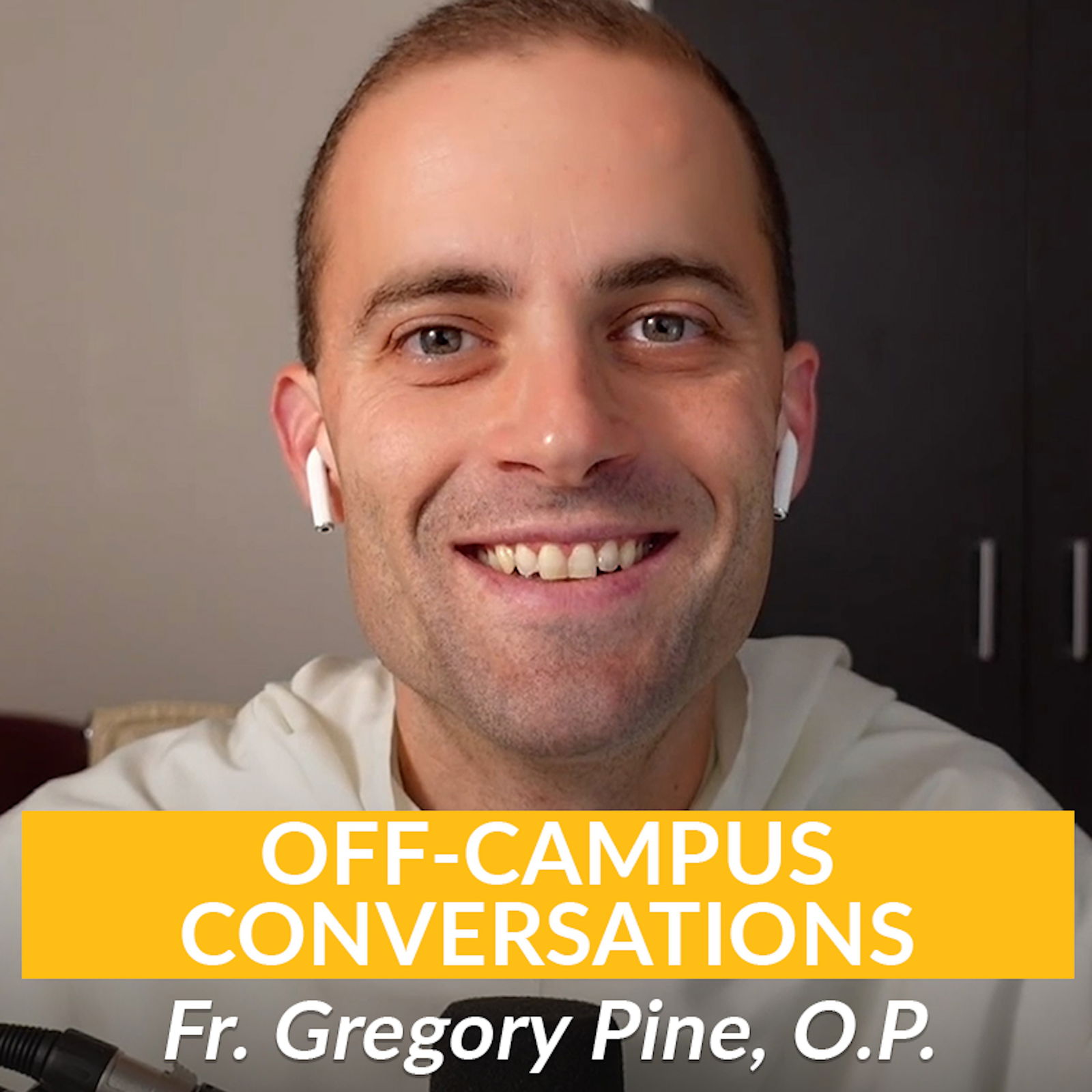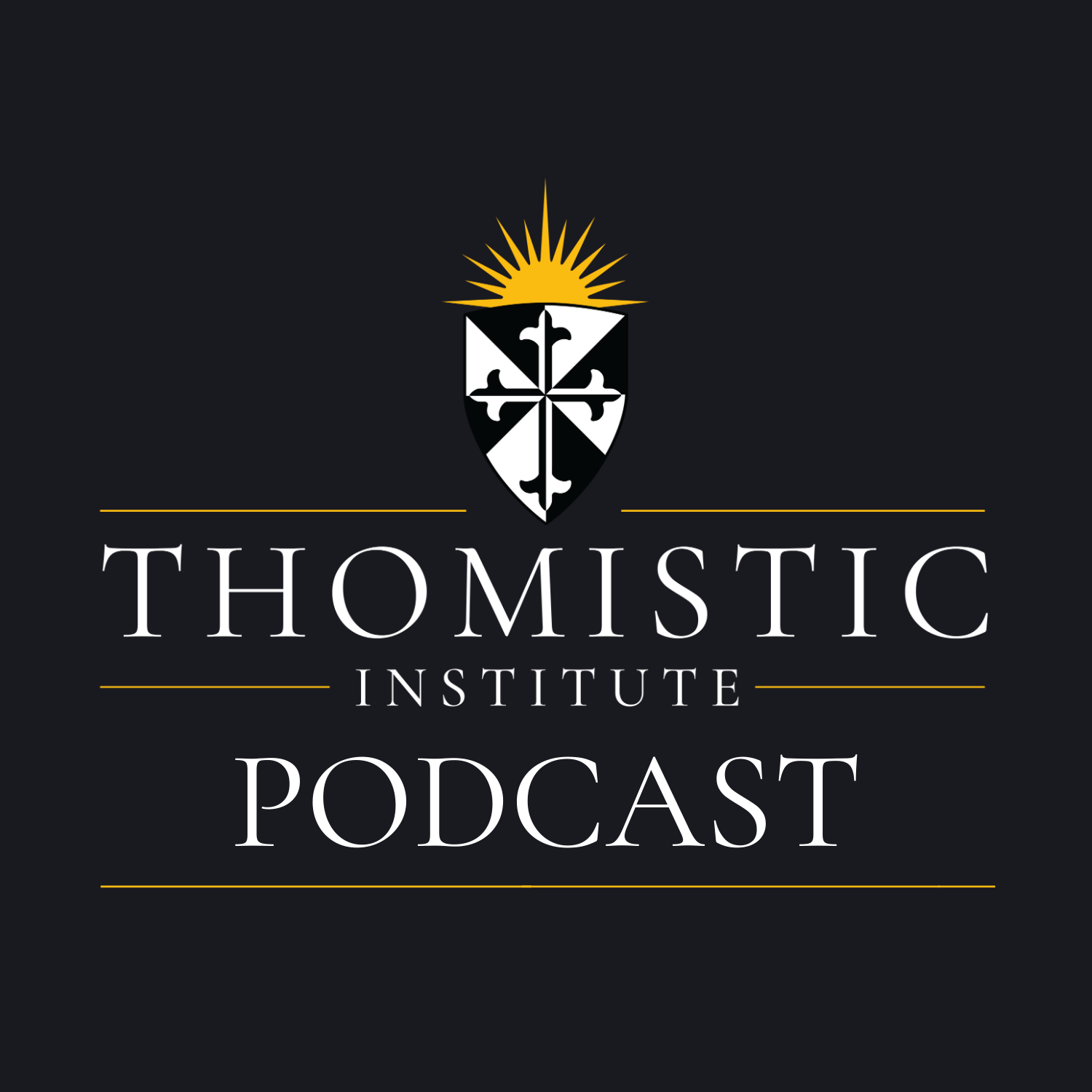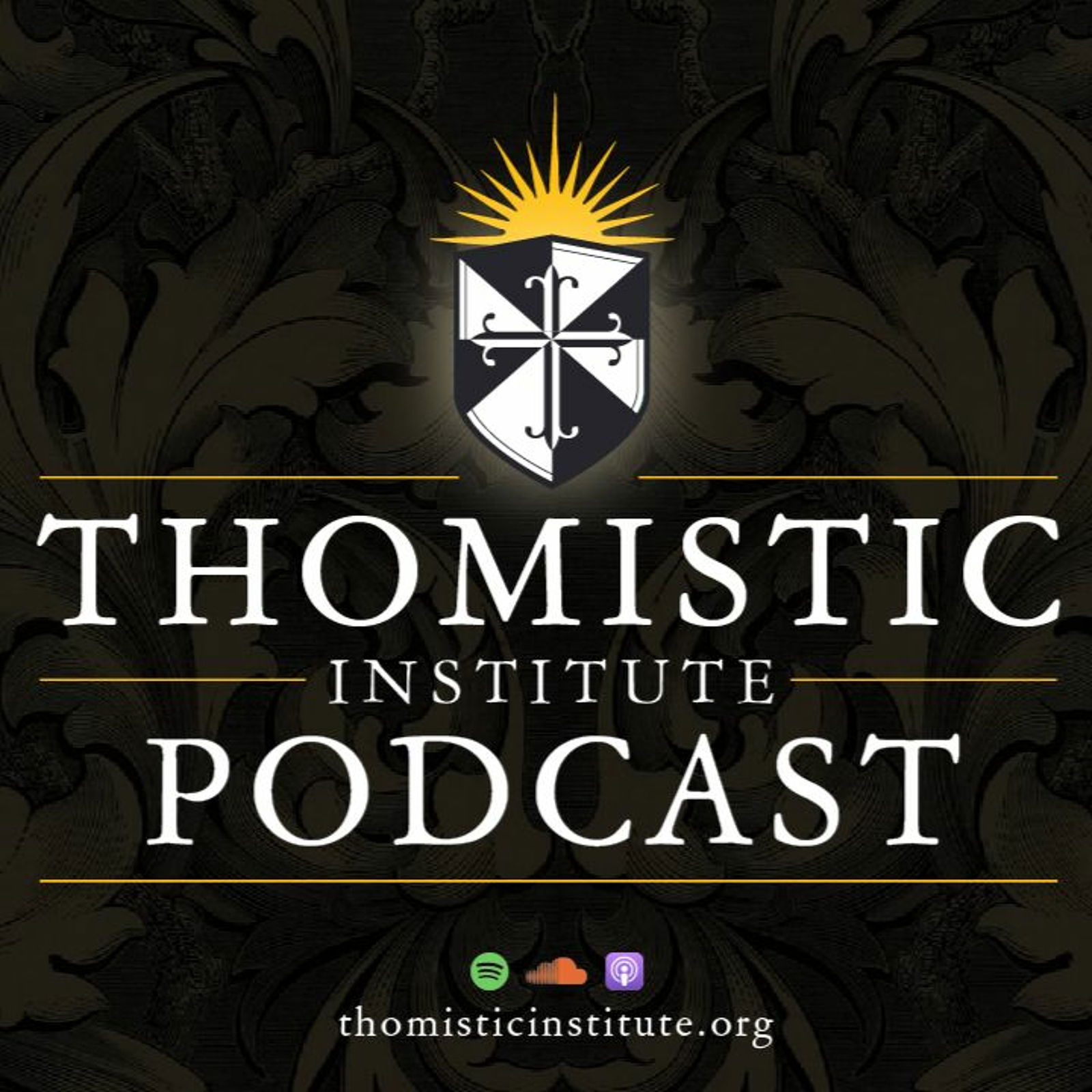What Does "Creation" Really Mean? w/ Fr. Gregory Pine, O.P. & Dr. William Carroll

What does it really mean to say the world is "created," according to St. Thomas Aquinas? Join Fr. Gregory Pine, O.P. for an off-campus conversation with Dr. William Carroll about what "creation" really means!
What does it really mean to say the world is "created," according to St. Thomas Aquinas? Join Fr. Gregory Pine, O.P. of Aquinas 101, Godsplaining, and Pints with Aquinas for an off-campus conversation with Dr. William Carroll about what "creation" really means, St. Thomas Aquinas on creation and time, cosmology, understanding science and creation, the harmony of science and faith, and more!
You can watch this interview on YouTube here: https://www.youtube.com/watch?v=6mZIcosauUU.
About the speaker: Professor William E. Carroll has recently retired from research and teaching at the Aquinas Institute of Blackfriars in the University of Oxford. For the past two years he has been a Visiting Professor at the Zhongnan University of Economics and Law (Wuhan, China), and at the Hongyi Honor College of Wuhan University. He is a European intellectual historian and historian of science whose research and teaching concern: 1) the reception of Aristotelian science in mediaeval Islam, Judaism, and Christianity, and the development of the doctrine of creation, and 2) the encounter between Galileo and the Inquisition. He has also written extensively on the ways in which mediaeval discussions of the relationship among the natural sciences, philosophy, and theology can be useful in contemporary questions arising from developments in biology and cosmology.
He is the author of four books: Aquinas on Creation; La Creación y las Ciencias Naturales: Actualidad de Santo Tomás de Aquino; Galileo: Science and Faith; and Creation and Science (with translations in Slovak, Spanish, and Chinese). His published work has appeared in 12 languages.
Over many years he has written more than 25 op-ed pieces for Public Discourse, the web site of the Witherspoon Institute at Princeton.











